The MBTA Communities Act: Transforming Zoning for Multifamily Housing in Massachusetts

This legislation mandates that cities and towns served by the Massachusetts Bay Transportation Authority (MBTA) zone for more multifamily housing.
Despite facing controversy and opposition, the majority of towns have approved their MBTA Communities plans, which aim to distribute housing production more evenly across the region. Here’s a closer look at the real estate implications of this pivotal act.
Controversy and Opposition
The MBTA Communities Act has sparked intense debate across Massachusetts. Opponents of the law argue that the introduction of new apartment buildings could lead to the destruction of community character and an increase in school enrollment, straining local resources. This has led to a contentious atmosphere, with some towns fiercely resisting the changes.
Success Rate and Compliance
Despite the opposition, most towns have moved forward with their plans, with only 11 communities still having until the end of the year to comply. This widespread approval is seen as a symbolic victory by advocates, who believe that the zoning reform will help distribute housing production more evenly and address the regional housing crisis.
Symbolic Victory for Housing Advocates
For proponents of the MBTA Communities Act, the approval of these plans represents more than just compliance; it’s a symbolic victory. They view the reform as a crucial step towards equitable housing distribution and a solution to the housing crisis that has plagued Massachusetts for years.
Phasing and Exemptions
The policy includes provisions for phasing and exemptions for certain types of projects. While this approach allows for a more gradual implementation and addresses some community concerns, it could also lead to longer transition periods and potentially higher development costs.
Impact on Housing Affordability
The primary goal of the MBTA Communities Act is to increase housing production, but its impact on affordability remains uncertain. While the law aims to make housing more accessible, increased construction costs and the need for variances or other permitting burdens could counteract these benefits. The real estate market will need to closely monitor these dynamics to assess the true impact on housing affordability.
Future Challenges
Looking ahead, the MBTA Communities Act faces several challenges. If opposition movements gain traction, more communities might stand against the law, creating a complex political situation for state officials. This resistance could stall progress and complicate efforts to address the housing crisis.
Positive Developments in Real Estate
- Increased Compliance: Many towns have rezoned areas near transit stations to allow for multifamily housing, leading to increased housing production and a more balanced regional distribution.
- Flexibility and Adjustments: The state has introduced flexible zoning requirements, such as allowing mixed-use buildings with commercial space on the ground floor. This addresses concerns about the impact on local businesses and community character.
- Grant Opportunities: Towns that comply with the law can access state grant programs, which can help fund housing projects and other community initiatives.
Ongoing Challenges and Concerns
- Resistance and Opposition: Many towns resist the law, citing concerns about local character, property values, and zoning control. Some have even taken legal action against the state.
- Limited Impact: Despite its intentions, the law has not yet significantly increased housing production in many suburban areas. Barriers include high construction costs, labor shortages, and property owner resistance.
- Uncertainty and Legal Consequences: Non-compliance can lead to legal repercussions, including the loss of state funding and potential liability under fair housing laws. This uncertainty has caused some towns to delay or resist compliance.
Conclusion
The MBTA Communities Act is a significant step towards addressing the housing crisis in Massachusetts. While it has made progress in increasing housing production, various challenges remain.
The real estate sector will need to navigate these complexities, balancing the need for increased housing with the preservation of community character and affordability. As the law continues to unfold, its long-term impact on the real estate market and housing affordability will become clearer. For now, it represents a bold move towards a more sustainable and equitable housing future in Massachusetts.
Categories
Recent Posts
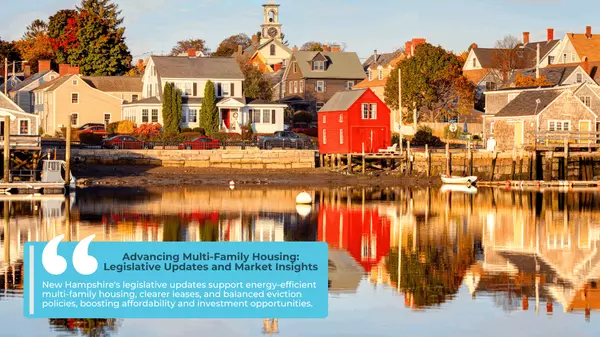
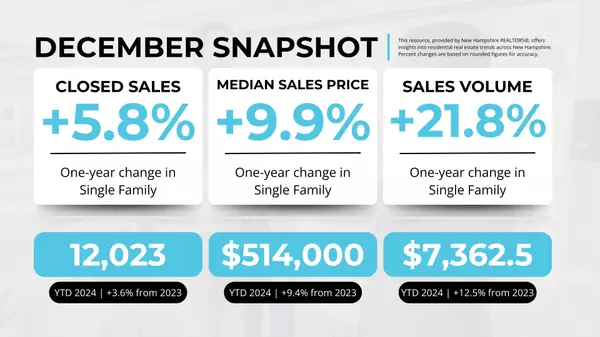
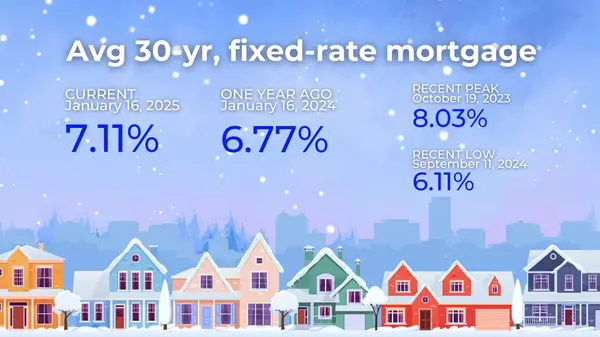
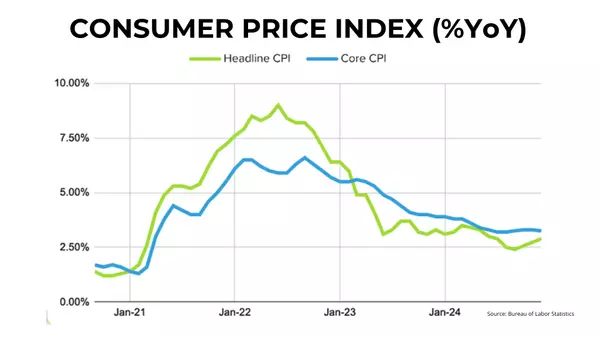
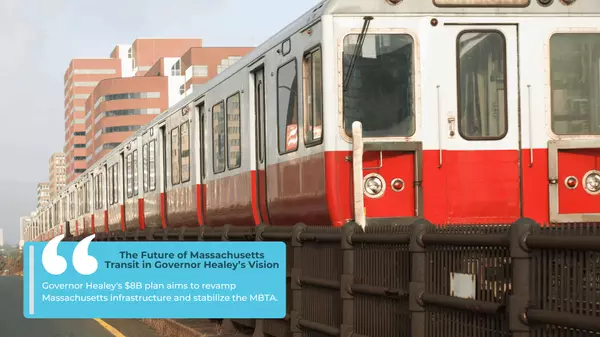
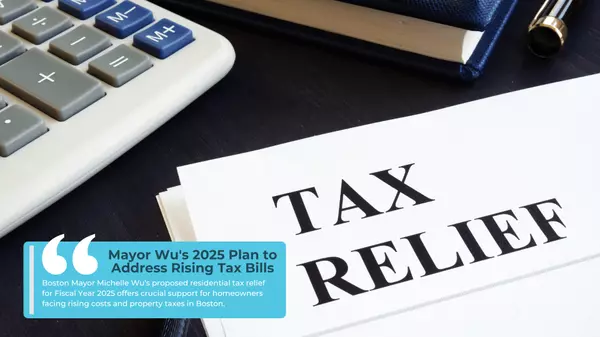
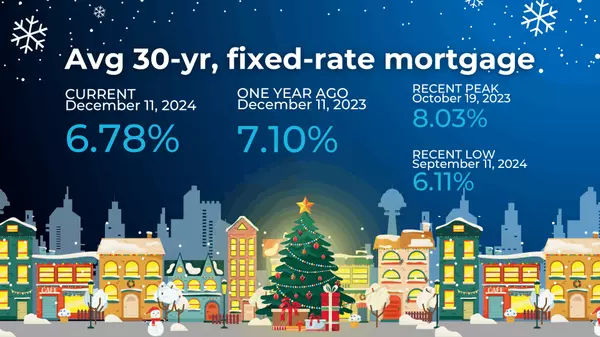

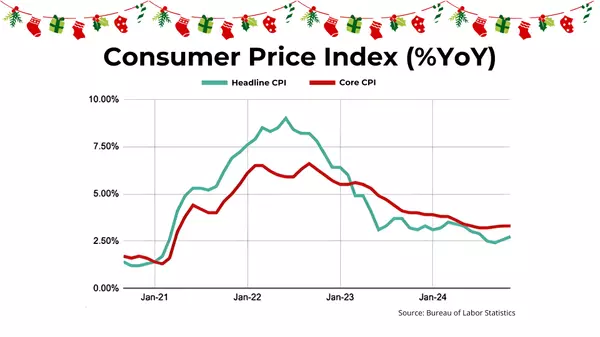

GET MORE INFORMATION

